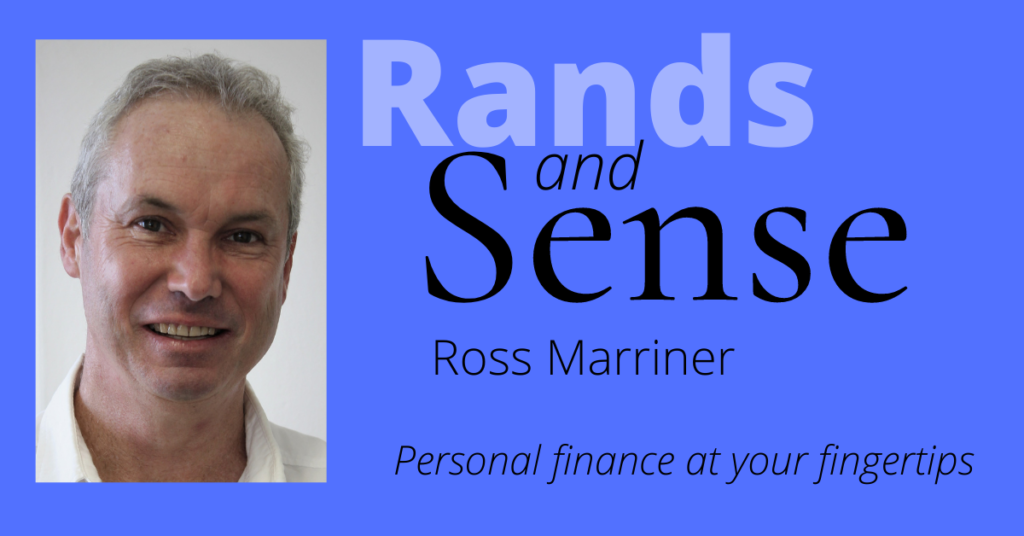A question often asked by clients is, “How much do we need to save for retirement?” These days we have sophisticated analytical tools at our disposal to calculate whether or not our clients are on track to enjoy a comfortable retirement. In most instances, the secret to a successful retirement is to start saving and investing in suitable investments as early as possible.
To avoid withdrawing money from your investments, ensure that you have the right mix of tax-efficient investment products and that your money is invested in a selected portfolio of growth assets for as long as possible.
Another question we are frequently asked is, “When is the best time or right age to start saving for retirement?” The answer is from the day you started working or, if you haven’t already started saving, then the next best answer is “right now”. The earlier you start saving, the more time your investments will have to grow and the less you will have to contribute towards your retirement from your own pocket once you retire.
In other words, the earlier you start saving, the greater the effect compounding will have on your savings. Your interest earns interest, which in turn earns interest on interest. Albert Einstein is said to have referred to the effect of compounding as the “eighth wonder of the world”. The longer you delay investing, the greater the percentage of your income you will have to allocate to investments when you do start investing.
Some clients ask us whether or not it is best to first pay off debt before starting to save for retirement. There is no one one-size-fits-all answer to this question. Every individual’s personal circumstances are unique; however, the answer in most instances is to try to settle your debt as quickly as possible whilst at the same time continuing to invest in a suitable portfolio of investments.
If you happen to have high-interest consumer debt, for example, a clothing account (so-called bad debt), you should ideally try to find a way to settle this debt as quickly as possible, then permanently avoid taking on any further debt. For all other forms of debt, you should try to clear this debt as soon as possible, but not at the expense of investing regularly. When it comes to investing, time is your friend. The longer you invest in growth assets such as equities and the more you add to your investments, the more likely you will be able to enjoy a comfortable retirement.
Perhaps one of the best decisions you can make is to work with an experienced Certified Financial Planner® to draw up and implement a sound financial plan. This plan would include having appropriate risk cover, especially whilst you are younger and are educating children and investing in an optimal portfolio of investments. This may be the difference between having a comfortable retirement or relying on your family, friends, or even the state for support once you retire.
Rands and Sense is a monthly column written by Ross Marriner, a CERTIFIED FINANCIAL PLANNER® with PSG Wealth. His Financial Planning Office number is 046 622 2891


